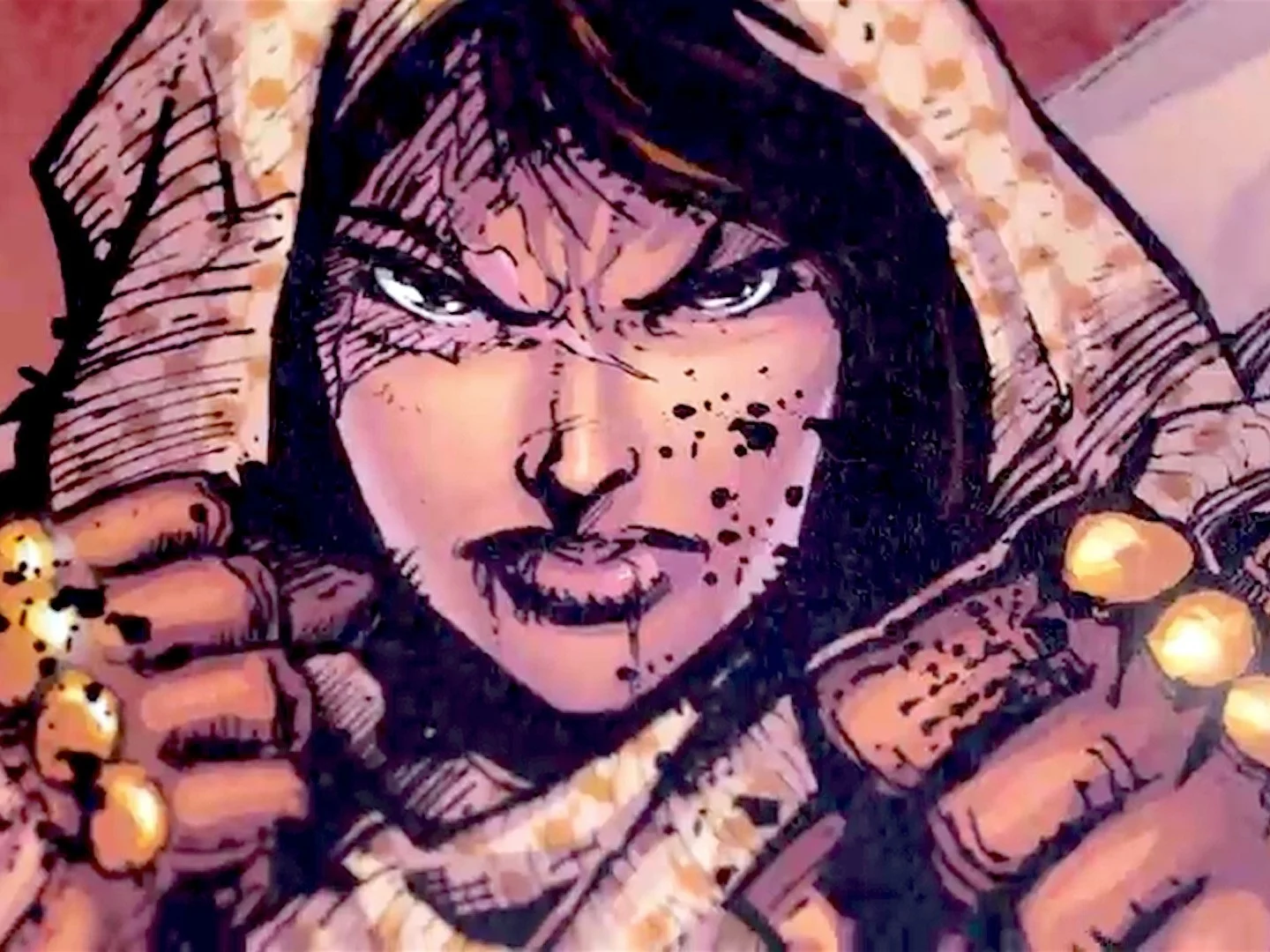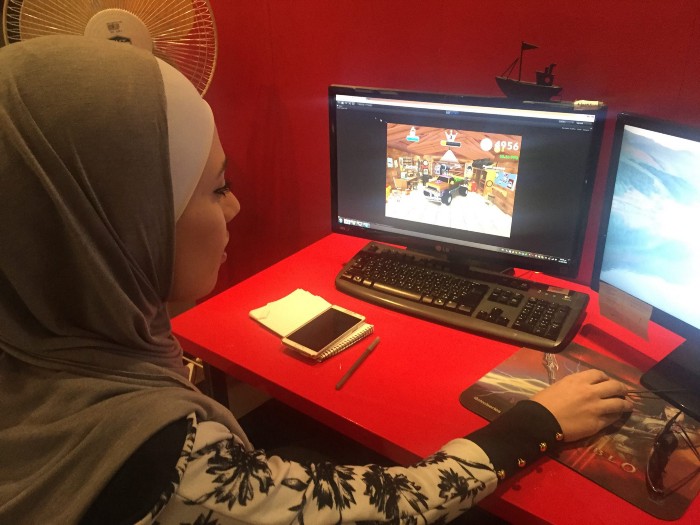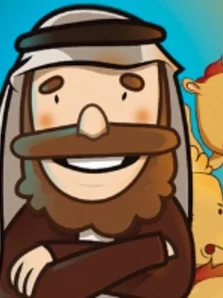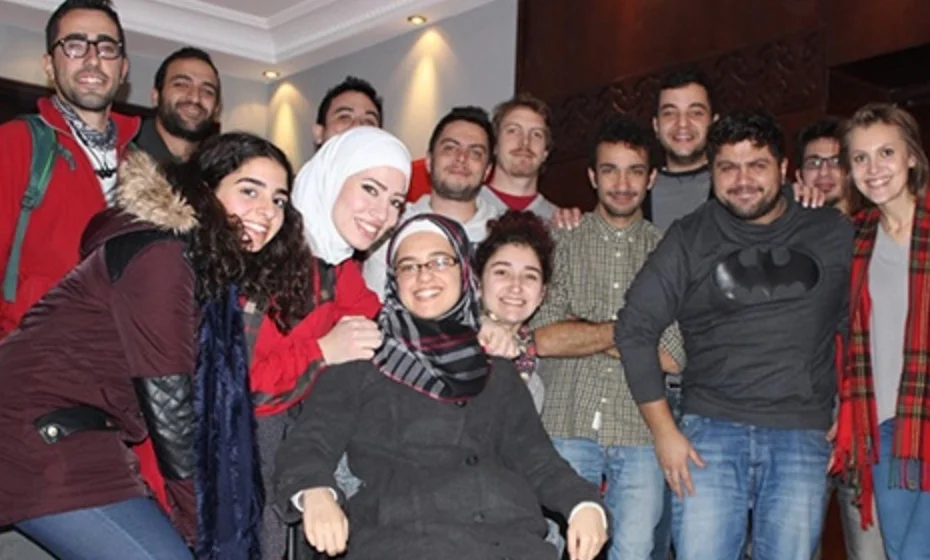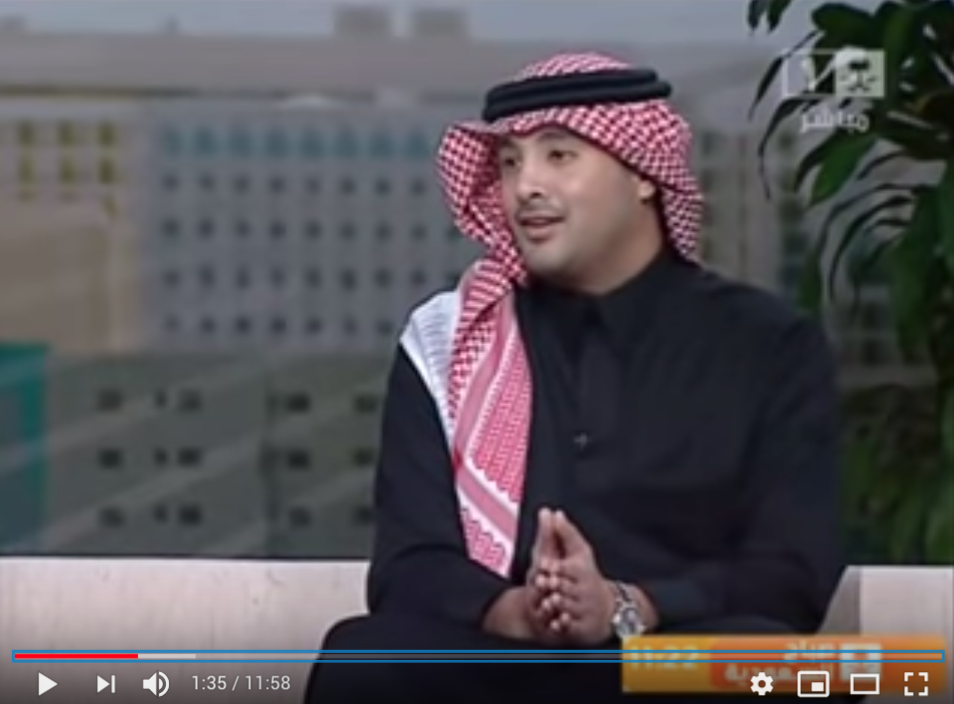Amy Roko takes on a journey across the MDL Beast festival in #Riyadh, a historic moment for youth culture in the Kingdom. Meanwhile, she talks to Fahad Al Saud about the steps he has made to change perceptions about the region through storytelling and entertainment in comic books.
When the Berlin-based Serbian designer Saša Kovačević, the creator of the five-year-old fashion line Sadak, set out to design this season’s collection, he wanted to create a post-modern version of an Islamic miniature—a millennia-old form of painting that depicted historical events in rich pigment and detail.
HH Prince Fahad Al Saud is an entrepreneur, CEO and pioneer in the Middle East’s creative and technology sectors. He is committed to social change; backing initiatives to empower people and businesses across the Middle East, the USA and Africa.
Saudi Arabia recently held its first Comic-Con, and it featured content with strong female protagonists. At any other Comic-Con this wouldn’t be considered remarkable, but Saudi Arabia is one of the most gender-segregated countries in the world.
His Highness Prince Fahad Al Saud is a technology evangelist, philanthropist and entrepreneur. A graduate of Stanford University, Prince Fahad’s passion and dedication to technology has contributed to dedicated works and investments in education, job creation, youth empowerment and socially responsible content development.
Prince Fahad Al Saud grew up playing video games, but as an Arab, he did not always identify with the villains on screen, many of them depicted as Middle Eastern. He started NA3M (New Arab Media) to make games that people, especially girls, in his home country of Saudi Arabia could better relate to.
Mere days before Justin O’Shea learned that he would step down from his position as Creative Director of luxury Italian menswear label Brioni, tech entrepreneur and man of the world HH Prince Fahad Al Saud sat down with him in Paris for a conversation that quickly developed into an existential discussion.
Representation in comics has rightly become a hot button issue in recent years, but one of the most important aspects of that representation is that people from all over the world have the space and ability to tell stories that reflect their culture and heritage.
Prince Fahad al Saud tells Becky Anderson he wants to challenge perceptions of Arab communities and give Middle East gamers characters they identify with.
A Saudi Arabian Prince is using a simple relaxation tool we take for granted here in the United States as a way to break down barriers for how the world views the Middle East. According to Fahad Al Saud in his keynote speech at the Games for Change Festival in New York last week, a middle eastern gaming company called NA3M was created in order to change the landscape of Arab entertainment online through means of comics, educational software, and, of course, video games.
Terrorist, cartoon stereotype, evil oppressive dictator. It's through those lenses — those unfair representations of a complex, massive grouping of a wide variety of people and what they believe in — that much of the non-Arab world sees the population of the Middle East.
Thinking of getting the GTHQ team a Christmas present this year? This item is at the top of our list! It’s a new video game from developers Na3m called Saudi Girls Revolution and features women driving, killing villains and defeating evil cyborgs. It will be released at the end of the year.
Video games are a multi-billion-dollar industry, with the global gaming market projected to reach over $113B by 2018, according to the analyst firm Newzoo. In the MENA region, the video game market is burgeoning, with an expected annual growth rate of 29 percent.
The world is changing fast. To meet the challenges all children are facing, we need innovations from the ground-up, developed by the people they aim to serve. We also need new types of partnerships and collaborations for scaling startups and taking local ideas global.
Fahad Al Saud, the grandson of Saudi Arabia’s King, was not satisfied with mainstream media representations of Arabs. So he founded NA3M Games, a gaming and multi-media incubator based in Amman and Copenhagen. NA3M, which stands for new Arab media, seeks to create and invoke change through innovation and creativity, creating Arabic entertainment online that is relatable.
During last week's Games For Change festival in New York, Prince Fahad Al Saud took the stage to shed some light on the power games and other popular media have to shape human culture, both in the Middle East and the world at large.
Saudi-Arabien ist das einzige Land der Welt, in dem Frauen nicht ans Steuer dürfen. In einem Computerspiel brettern sie nun auf Motorrädern rum. Die Idee hatte ausgerechnet der Großneffe des Königs.
Commercial video games often show Middle Eastern people as the villains -- if they can tell the difference between different countries and languages at all. Prince Fahad Al Saud is aiming to help change that.
When one thinks of catalysts of cultural change, Arabic video games are likely not the first thing that comes to mind. However, that could be quickly changing as game developers begin to see their audiences through a diverse cultural lens. This piece posted on the Gamasutra blog discusses how one Arab game company is working to change cultural perspectives through gaming.
As of right now, the only way Saudi Arabian women are allowed to drive is by motorcycle – in the upcoming game, Saudi Girl Revolution.
In his first TV interview Prince Fahad AL-Saud will talk briefly about his experience working at Facebook and how the Arabic Facebook started and being an integral part of bridging the communication gap between the west and the arab world.



